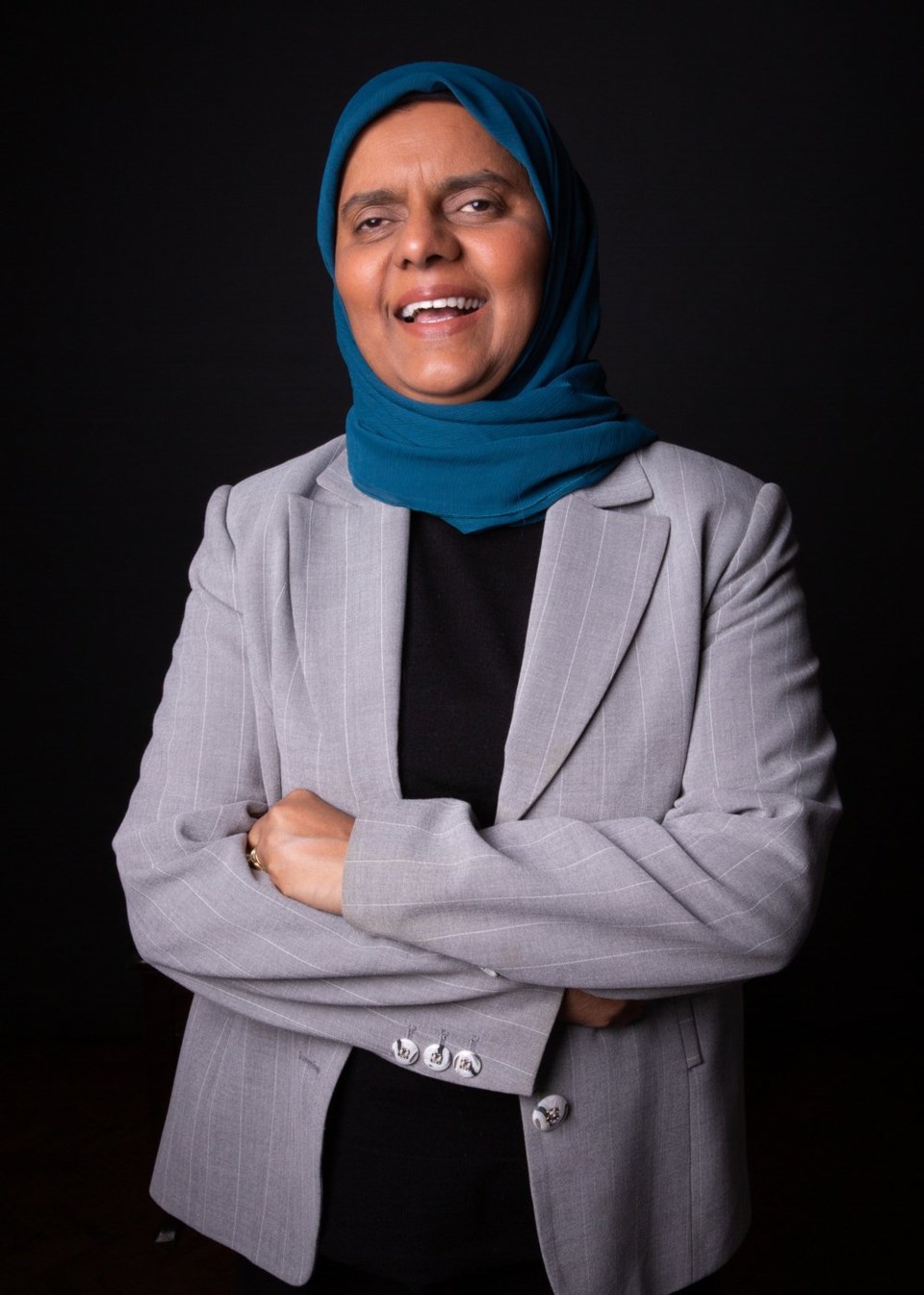TORONTO — The lack of a minister for disabilities threatens to sideline the needs of millions of Canadians during what Mark Carney promises will be a period of transformation, advocates said Wednesday.
The prime minister announced his smaller, "purpose-built" cabinet meant to deliver change on Tuesday, but the 38-member team doesn't include anyone explicitly responsible for representing the interests of disabled Canadians.
"Not having big and bold disability inclusion and accessibility as part of a ministerial portfolio headline sends a message," said Rabia Khedr, national director of Disability Without Poverty.
"Unfortunately, people with disabilities are being left behind."
She worries there won't be improvements to the Canada Disability Benefit, which offers a maximum of $200 per month to those eligible. That's not enough to accomplish the government's goal of lifting disabled Canadians out of poverty, she said.
"According to the government's own data, it will lift 25,000 people out of poverty, when we know that there's 1.6 million Canadians living with disabilities in poverty," she said.
"We got the legislation, great. We made history after a lot of work. We got the budget but it was really disappointing. The regulations were adopted, but there's still work to be done to make them as robust as they should be."
The benefit is set to start rolling out on July 1, and the previous Liberal government committed in its fall economic update to making sure it was tax-exempt. That still needs to be done, and without a disability minister, it's not clear who will champion the initiative.
There's also the question of the Accessible Canada Act, a piece of legislation that was passed in 2019 with the goal of making Canada "barrier-free" by 2040. It's already woefully behind schedule, she said.
"The Accessible Canada Act truly needs a champion at the cabinet table to ensure that the Disability Inclusion Action Plan (developed in 2022) is indeed adopted through a whole-of-government approach, advancing accessibility in all facets of governing this country," she said.
David Lepofsky, chair of the Accessibility for Ontarians with Disabilities Act Alliance, said the need for a disability minister goes beyond accessibility-specific legislation.
"This is a prime minister who has an ambitious goal of restructuring Canada's economy, building new infrastructure and restructuring the federal government," he said.
"They're huge goals. More than ever, that's when you need a strong voice because people with disabilities so often get left out, get forgotten."
Take the issue of housing, for instance.
"We've heard tons of talk about housing and needing to increase the amount of housing in Canada — affordable housing. What they don't talk about is the need for a dramatic increase in the amount of accessible housing. We have an accessible housing shortage that is a crisis," he said.
Lepofsky said he remembers what it was like trying to advocate for accessibility before 2015, when the disability minister role was created, and he fears returning to that era.
"If you don't have a voice at the cabinet table, if you don't have a cabinet minister who could walk over to the prime minister — as a minister — and have a direct conversation about needing more action, you are really in a far more vulnerable position," he said.
Representatives for the Prime Minister's Office did not immediately respond to a request for comment about the criticism, or which cabinet member would be responsible for accessibility legislation.
Heidi Janz, a disability advocate and adjunct professor at the University of Alberta, said that in Carney's interim cabinet, which was in place from the time he became prime minister following the Liberal leadership race until the election campaign, the disability file fell to the employment minister.
"The danger of linking disability with employment is that the only disability issue becomes how to get disabled people employed," she said. "Linking disability with employment is missing the whole point of having a disability minister."
Krista Carr, CEO of Inclusion Canada, said she believes the disability file will now fall to Jobs and Families Minister Patty Hajdu, who, she notes "has a huge department now because that department used to have multiple ministers under it."
"What we need is every minister and every secretary of state and every department to be thinking about how their legislation, their policies, their programs, their funding, their budgets, their whatever will impact people with disabilities," Carr said.
Deborah Gold, CEO of the Toronto-based non-profit Balance for Blind Adults, said she worries the lack of a dedicated disabilities minister is indicative of this government's overall priorities.
"It's more of a fiscal-oriented government," she said. "I'm concerned that it may speak to a shift away from the social policy ... of the previous Liberal government."
This report by The Canadian Press was first published May 14, 2025.
Nicole Thompson, The Canadian Press




